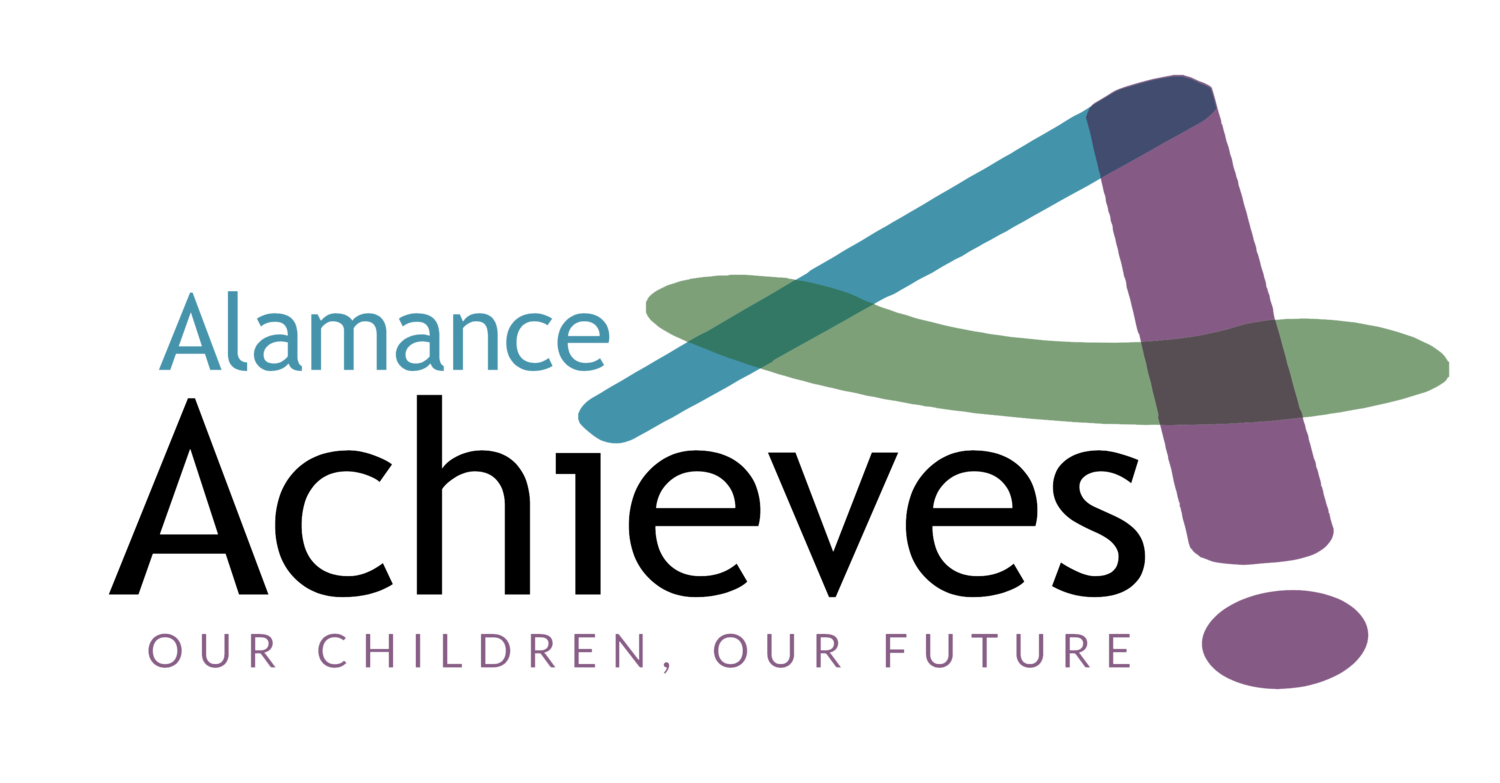NC Integrated Care for Kids (NC InCK) model is partnering with five communities in central North Carolina, including Alamance County, to improve their quality of care over a seven-year period. NC InCK initiated planning in January 2020, and implementation of the model will run from 2022 until 2026.
By supporting and bridging a multitude of services where children live, learn and play, NC InCK’s child-centered model is focused on children insured by Medicaid or CHIP (NC Health Choice) from birth up through age 20. The services that NC InCK aims to integrate include physical and behavioral health, food, housing, early care and education, Title V, child welfare, mobile crisis response services, juvenile justice and legal aid. Caring for the whole child is at the heart of this initiative. That aligns with the goals of Alamance Achieves, which is assisting NC InCK with strategy on how to improve early childhood health and kindergarten readiness.
The NC InCK model brings together the leadership of families and children in five counties (Alamance, Durham, Granville, Orange and Vance), and Duke University, the University of North Carolina at Chapel Hill (UNC), NC DHHS and many community partners that serve children and families. While Duke, UNC and NC Department of Health and Human Services (DHHS) are the lead organizations, all Medicaid and CHIP-insured children in the five counties will be included no matter where they receive care.
Sarah Allin, InCK Operations Director, explained that because of how traditional health care is siloed, the big picture of a child’s well-being isn’t always clear. “When a six-year old comes to clinic, we focus on things like him being underweight for his age or missing his last well child check,” Allin said. “But we might be missing other important factors that impact a child’s well-being that might not be apparent.” She cited examples of the things that also impact a child’s health: he doesn’t always get breakfast, he misses a lot of school or his parent has recently been incarcerated. “Even not having reliable transportation — all of these things impact a child’s well-being,” she said. “It’s been hard to bring all this information together to understand what additional support kids and families need.”
The process starts with a more holistic assessment of the needs of kids. NC InCK has partnered with the NC DHHS to develop this fuller picture of support families need. Each family will then be assigned to one of three levels of needs. “Every family whose child has higher medical and social needs should have a quarterback, someone they can go to when they have a challenge,” Allin explained. Next, NC InCK will support the creation of a shared action plan for children who could benefit from having a strategy that brings the family and child together with key members of their child’s care team to determine the family’s goals and needs.
Finally, new ways of paying for care will be developed. These alternative payment models will focus on improving child health and reducing costs of care, as well as linking payments to more meaningful measures of children’s health and social outcomes.





